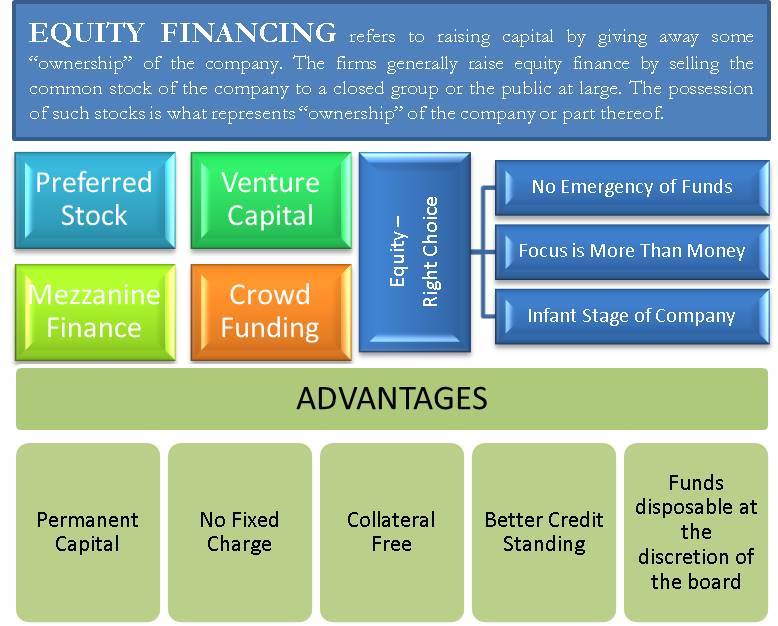And there was the physical environment restored: the 2. 3 billion trees planted, the billion fish restocked into waterways, the 2,400 plant and tree farm established, the thousands of square miles of soil reclaimed. Yet the New Deal was a moral transformation as well. It remade how we did things in America, leaving usall of uswith new rights and responsibilities. Weour democracywas to be the steward of the land around us. Ethical and material accomplishments aside, speed was an essential aspect in the original New Deal, just as it will be in a Green New Deal. The original New Dealers of the 1930s were acutely aware that they, too, dealt with an existential threatto our democracy, and even to civilization itself - How to finance a private car sale. Another loan of $7. 4 million was made to the Baltimore Trust Business, the vice-chairman of which was the prominent Republican Senator Phillips L. Goldsborough. A loan of $13 million was given to the Union Guardian Trust Business of Detroit, a director of which was the Secretary of Commerce, Roy D. Chapin. Some $264 million were lent to railways throughout the 5 months of secrecy. The theory was that railroad securities should be secured, considering that lots of were held by savings banks and insurer, alleged representatives of the little financier. Of the $187 million of loans that have actually been traced, $37 million were for the function of making enhancements, and $150 million to pay back debts.
75 million grant to the Missouri Pacific to repay its financial obligation to J.P - Trade credit may be used to finance a major part of a firm's working capital when. Morgan and Company. An overall of $11 million was lent to the Van Sweringen railways (including the Missouri Pacific) to pay back bank loans. $8 million was lent to the Baltimore and Ohio to pay back a debt to Kuhn, Loeb and Business. All in all, $44 million were granted to the railroads by the RFC in order to repay bank loans In the case of the Missouri Pacific, the RFC approved the loan in spite of an unfavorable caution by a minority of the Interstate Commerce Commission, and, as soon as the line had repaid its financial obligation to Morgan, the Missouri Pacific was gently enabled to go into personal bankruptcy.
And this is where the misconception of the RFC's success is put to rest. The relocate to openness, naturally, was self-defeating: the general public perception of a firm (in particular, monetary firms) having requested and gotten federal government support sufficed to undermine any staying industrial viability it may have had. Thus in some cases the newly-translucent Reconstruction Finance Corporation in fact triggered, instead of stopped, bank runs; and in virtually all cases, self-confidence in the loan recipient vanished. (This dynamic, by the way, is what led the crafters of 2008's Struggling Possession Relief Program to basically force certain big monetary institutions to get help whether or not they were in requirement.) In addition, Although the rate of bank failures temporarily slowed down after the corporation began lending, this was probably a coincidence By early 1933 banks once again started stopping working can a timeshare contract be cancelled at a worrying rate, and RFC loans stopped working to avoid the banking crisis.
In addition to its directors not understanding the impact of transparency on financial organizations reliant upon public confidence, the practice of taking a bank's strongest possessions as collateral for a loan is at chances with concepts of sound banking, and served to essentially compromise much of its debtors. These are the particular errors of selected bureaucrats. Furthermore, the RFC's crony capitalism tendences didn't end after that brief (but shamelessly enthusiastic) duration in 1932. In the late 1940s, it loaned money to Northwest Orient Airlines in what was suspected as Additional hints a favor to Boeing, who had actually supported the Governmental campaign of Harry S. What does ltm mean in finance.
Get This Report on How To Finance Building A Home
Worse yet, one of the making it through tendrils of the RFC the Ex-Im Bank is nothing if not a veritable slush fund for corporate welfare. The author of The New Yorker piece states, "Unless we are prepared to let distressed corporations collapse, which might accentuate the coming slump, we require a way to support them in a sensible and transparent manner that minimizes the scope for political cronyism." Couple of would disagree with this nobody, I 'd wager, other than the handful of beneficiaries on both sides of such inside dealing. Fortunately, there is an alternate way to avoid corrupt loaning practices, and it's vastly more cost effective, fair, and reliable than bilking taxpayers or selecting apparatchiks to disperse taxpayer dollars.

Let firms get help from other companies, separately or by means of consortia; or let them liquidate in a swift way, unconfined by the shackles that prevent properties, staff members, and know-how from being obtained by economically stronger, better handled firms. And in this case, preferential dealing is a matter of private property and the choices of independent supervisors and directors of companies who are responsible to shareholders and themselves. Taxpayers will emerge untouched. The contention behind the duplicated efforts to relaunch the Restoration Financing Corporation including this idea of a Coronavirus Finance Corporation is the very same that underpins all policy proposals which tilt towards main planning: that either the present economic circumstance is too complex for markets to take on, or that fast action requires the imposition of bureaucrats.
And the latter claim is hardly worth taking seriously. The Restoration Financing Corporation was far from the model of a Home page meticulous, proficient and independent federal government company that it is alleged to be. Governments have done sufficient damage locking down billions of people and squashing company when there have actually been clear alternatives to doing so from the start. Nevertheless well-intended, a Coronavirus Financing Corporation would undoubtedly follow the exact same course as the RFC did. Peter C. Earle is an economic expert and author who signed up with AIER in 2018 and prior to that invested over twenty years as a trader and analyst in worldwide monetary markets on Wall Street.
